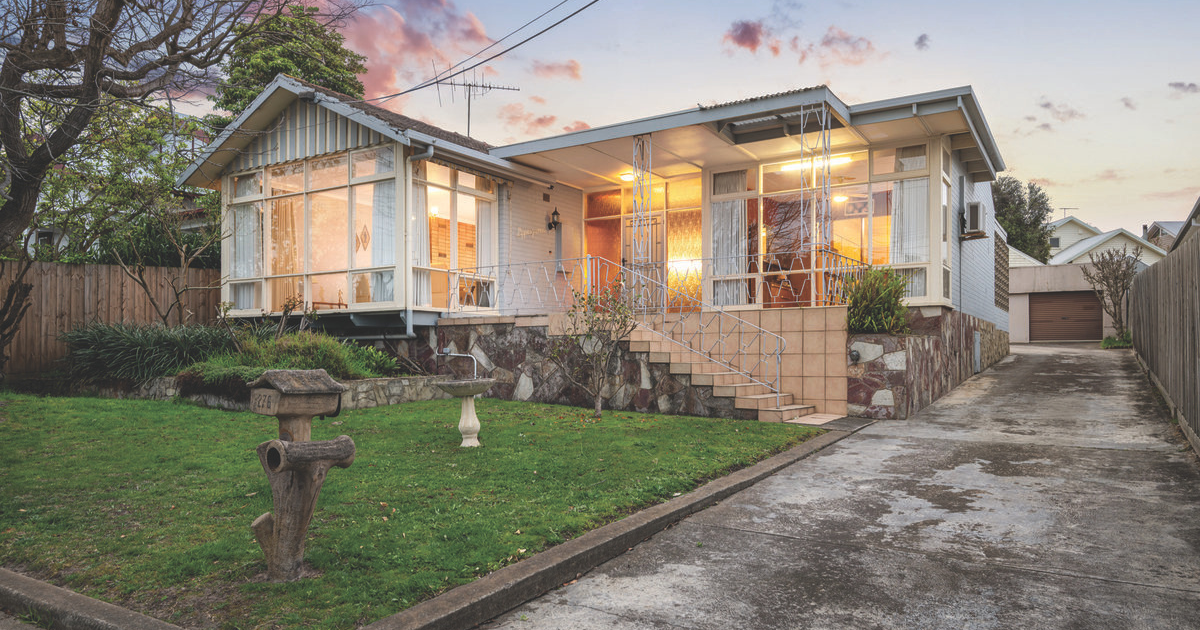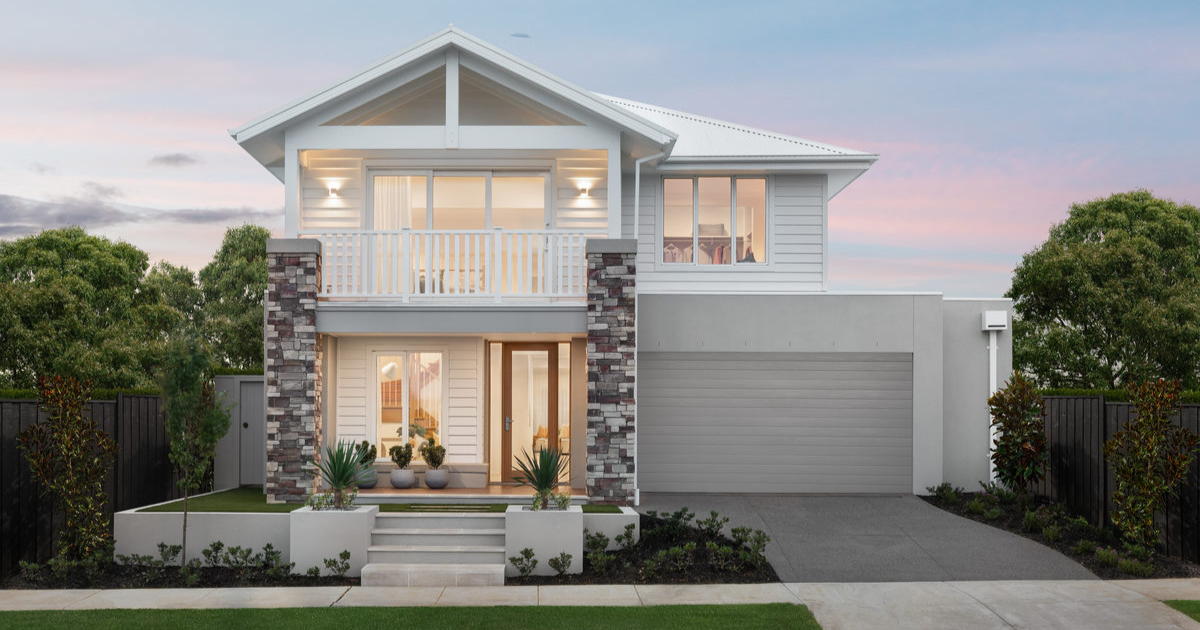Tax grab a blow to home buyer affordability

The 50 per cent tax on rezoned land is the 19th new or increased property tax to be introduced by the Andrews Government.
THE Andrews Government’s latest proposed property tax will exacerbate Victoria’s housing affordability crisis and make home ownership even more difficult for many Victorian families, according to Australia’s leading industry groups.
The Property Council of Australia, Housing Industry Association, Urban Development Institute of Australia (Victoria) and Master Builders Victoria have joined forces to oppose the Windfall Gains Tax which was introduced to the Victorian Parliament last week.
The 50 per cent tax on rezoned land is the 19th new or increased property tax to be introduced by the Andrews Government since it was elected in 2014 and follows big increases in stamp duty and land tax in the May State Budget.
The property, construction, housing and development industry employs one in four working Victorians and contributes 59 per cent of the state’s taxation revenue which is derived from building and property.
The Victorian executive director of the Property Council Danni Hunter said that when the government announced this proposed tax along with other tax increases in May, they said it was the wrong tax at the wrong time.
“Five months on and after another three devastating lockdowns, our economic and social crisis has only worsened, and the last thing need as we emerge from the world’s longest lockdown is another tax,” Ms Hunter said.
“We are calling on MPs from all sides to do the right thing by Victorian families, jobs and investors and oppose this tax so we can get on with our important economic recovery and get Victoria moving again.”

Property Council research demonstrated that the tax is set to raise hundreds of millions of dollars more revenue than the government’s conservative estimates, showing that the tax burden on the Victorian community is too high given 59 per cent of the government’s tax base is already paid for through property taxes.
Victorian executive director of the HIA Fiona Nield said the tax would only make housing more unaffordable for many Victorians, with the price of a housing lot in the Geelong growth area set to go up by $53,000 more under the Windfall Gains Tax.
“The tax will take disproportionate share of property value from landowners that are in fact helping to support the growth in housing supply that helps keep affordability in check across regional Victoria,” Ms Nield said.
Chief executive of the UDIA (Victoria) Matthew Kandelaars said its modelling showed the tax will reduce housing supply by 6,696 dwellings, including over 300 affordable, social or disabled access dwellings, based on the analysis of just seven case studies.
“This will cost over 20,000 direct jobs and nearly 100,000 indirect jobs and reduce Victoria’s economic output by nearly $7.5 billion,” Mr Kandelaars said.
“It’s the value generated from a rezoning that builds more Victorian homes, creates and sustains thousands of local jobs and builds new communities.
“If development stops then housing supply dries up and prices skyrocket and this will have a detrimental impact on Victoria’s livability.”
Master Builders Victoria CEO Rebecca Casson cautioned the government against introducing any new costs that may compromise Victoria’s ability to deliver a solid pipeline of new building and construction activity to support economic growth and recovery.
“The building and construction industry supports 320,000 Victorian workers and delivers thousands of new homes a year and is critical to our state’s economic recovery from the pandemic,” she said.
“It’s therefore critical that this recovery isn’t jeopardised by introducing more new taxes.”

















